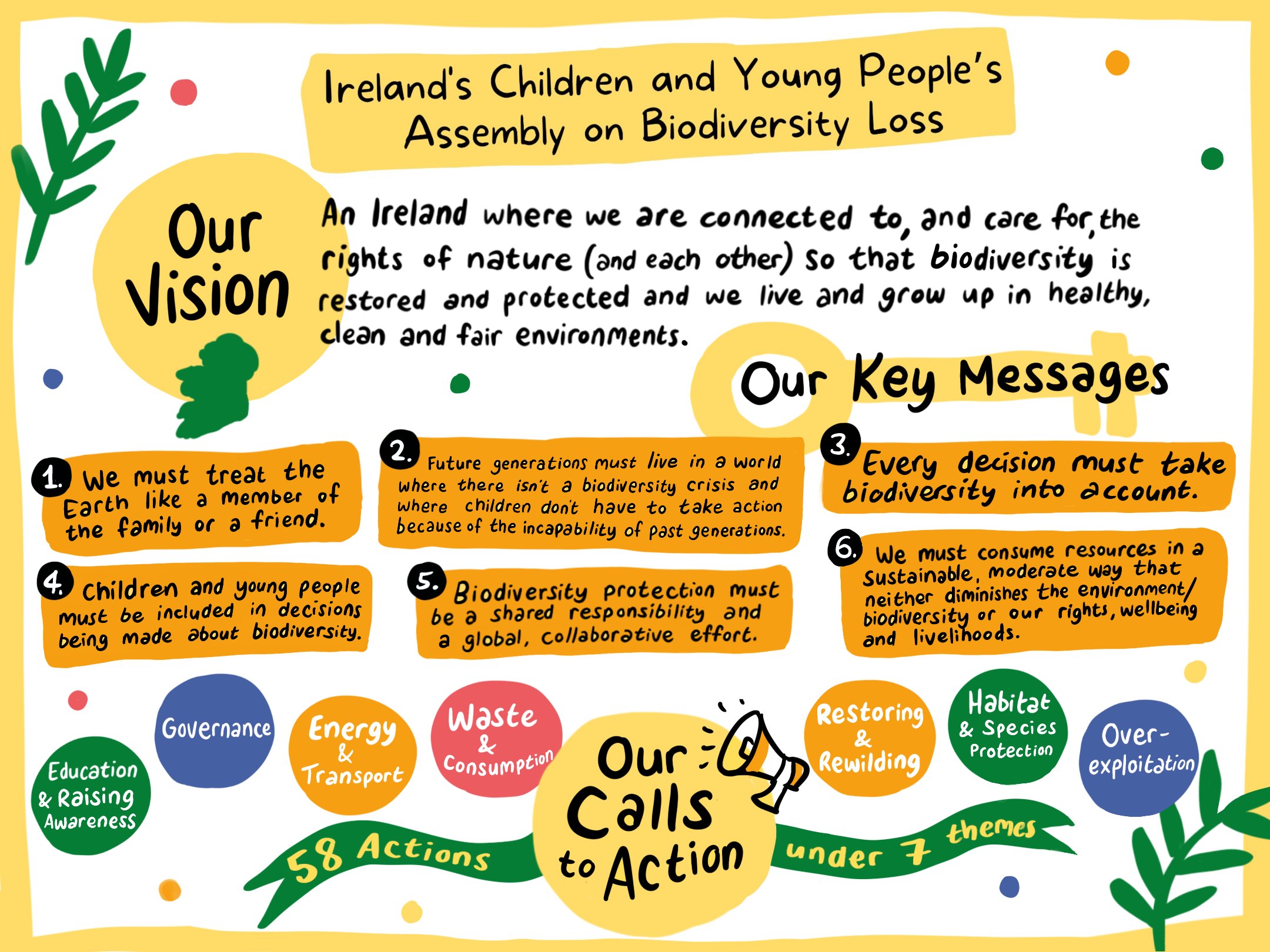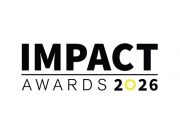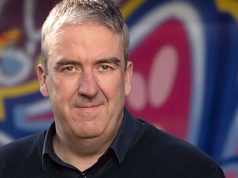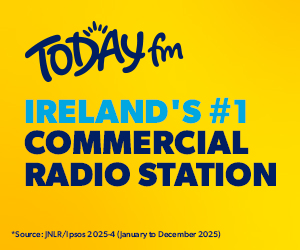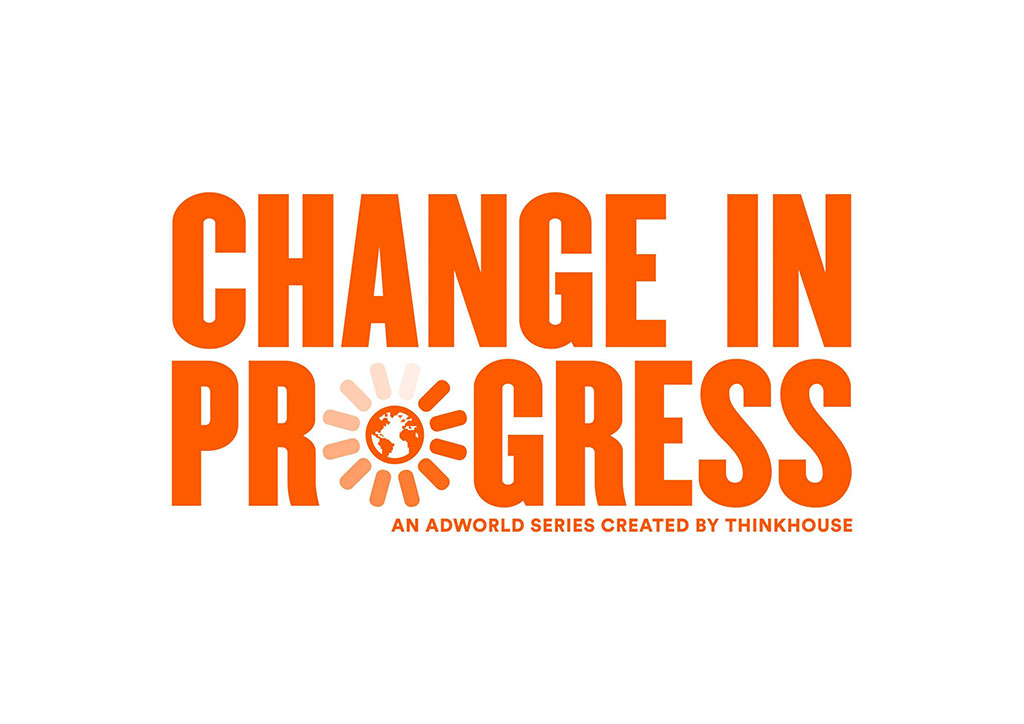 Welcome to the fourth installment for 2023 of the Change in Progress series, a collaboration between Thinkhouse and Adworld.ie with this issue led by Laura Costello, strategy director, Purpose & Planet.
Welcome to the fourth installment for 2023 of the Change in Progress series, a collaboration between Thinkhouse and Adworld.ie with this issue led by Laura Costello, strategy director, Purpose & Planet.
“We are not equally to blame for rising temperatures, and recognising that is an important step in identifying possible solutions.” Jonathan Watts, The Guardian, November 2023
The last few weeks have seen: huge industry backlash against agencies working for fossil fuels; the ASA responding to environmentally-based complaints about SUV advertising; and, with COP28 on the horizon, new reports highlighting our unequal consumption habits (carbon emissions of the richest 10% – most of the middle classes in developed countries – are up to 40 times bigger than the poorest) alongside more urgent scientific updates. After recently surpassing the 2°C warming threshold for the first time, these latest reports estimate that we face between 2.5°C and 2.9°C of warming above pre industrial levels if governments do not boost climate action. Here in Ireland, meeting our 2023 carbon budget looks impossible.
Expressing a Desire for Solutions
“Some 71% of people working across the industry are worried about the negative impacts of the industry on the environment; more want their agencies to take climate action.” AdNetZero, UK.
It’s easy to get stuck in the communications problems around climate and environmental breakdown. While it’s crucial to analyse the rise of greenwashing and delay tactics, we need to simultaneously turn our attention to what unique solutions the marketing industry can bring to the ‘green transition’. In a context where everyone is now realising that we need to make more radical changes, what can help our industry become a significant driver toward a happy, healthy future for life on earth? Where should we focus our attention? What would it look like if we were to begin to treat this chronic emergency like the one it is?
Tackling Our Industry Brainprint
Our environmental ‘brainprint’ is much bigger than our environmental footprint. Work like Ecoffectiveness and Advertised Emissions shows that it is the work outputs of the industry, which (more often than not) leads to sales uplift, which need to be addressed most urgently. Why? Because it is the area where we are having the most negative impact. It is the current influence the industry has in driving high-carbon lifestyles that is most concerning. Brands and businesses tackling Net Zero commitments will soon have to address value-chain emissions and customer-related activities, which can represent up to 90% of Scope 3 emissions. Marketing will be essential in addressing these.
Engineering Demand for Sustainable Lifestyles
“We need to re-architect people’s demands and expectations towards more sustainable, lower-emission products and services, and make them attractive and desirable. As the engineers of demand, the advertising and marketing communications industry is uniquely placed to rise to this challenge and meet this need.” Purpose Disruptors, New Era of Climate Communications.
To change everything, we need everyone. In the marketing and advertising industry, there is a requirement to re-orient our skills to engineer even greater demand for sustainable lifestyles. In Ireland, there’s a particular need to make sustainable behaviours and their benefits(!) easier for people to access and feel motivated toward. The 2023 RED C Sustainability Monitor found that only 1 in 5 strongly believe that one’s actions can help the environment, despite the reality that collective action has a real impact on the systems around us.
Ad Net Zero’s Action 5: “Harness Advertising’s Power To Support Consumer Behaviour Change” is encouraging agencies and their clients to work together more closely to use marketing and advertising to promote more sustainable choices, to back innovations that deliver greener solutions to people’s needs and desires, and to persuade society to adopt behaviours that reduce carbon emissions. At AIB’s recent sustainability conference ‘It’s Time to Act’ event, Trevor Noah put it succinctly – “The problem with sustainability is, we haven’t made it sexy enough.” Sexy, fun, vibrant, exciting, compelling – whatever way you want to phrase it, our collective task is to ‘sell’ the good ideas’ that already exist in more imaginative and empowering ways.
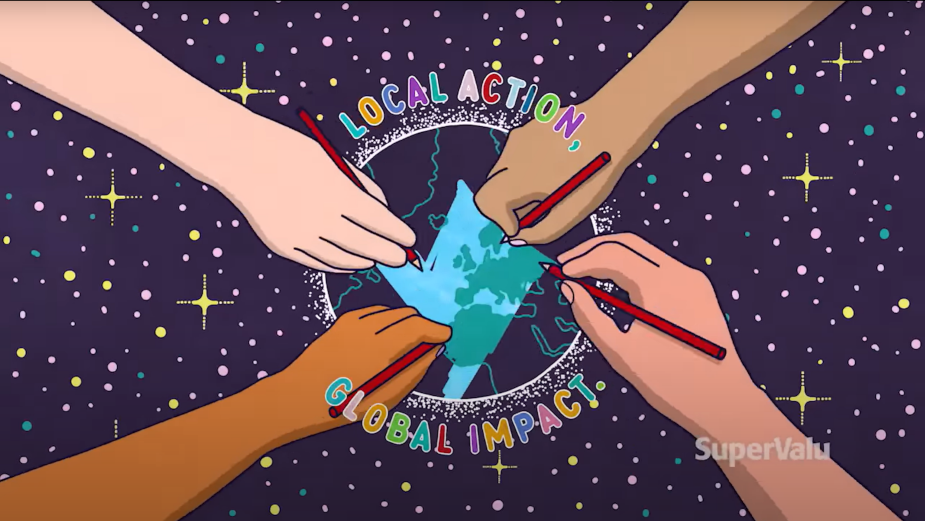
Driving Community & Collaboration
The #ChangetheBrief Alliance supports these efforts, helping to put Climate Action at the heart of day to day work to help change behaviours through a learning programme and mandating that, when briefed by a client, agencies present an additional response that encourages a sustainable behaviour or attitude in the client‘s audience. Community building is central to the work – members of the #ChangeTheBrief Alliance are given access to a pan industry, peer to peer, online community where they support each other, discuss challenges and offer useful insights.
Examples of campaigns that we’ve delivered, or been inspired by put solutions at the heart of the work:
- Community Action: SuperValu ‘Local Action, Global Impact’ campaign.
- Food Waste: Makro ‘Life-extending Stickers.’
- Zero Waste & Reuse: Ikea ‘The Trash Collection’, Brita ‘Clear on Bottled Water’, Patagonia ‘Buy Less, Demand More.’
Explore more examples of campaigns (and agency best practices) that seek to drive sustainable transformation via the AdNetZero awards here.
Experimenting Beyond Brand Worlds
The climate context defines corporate reality today – it’s not just a brand story. In these urgent times, as the brand world is transforming to be more ‘in service’ to social needs beyond a company’s products (like drinks companies making hand sanitiser during Covid or MasterCard helping refugees), it’s become increasingly clear that now is the time for non-essential goods and services to re-tool. Partnerships play a huge role here – not just in sharing learning from similar challenges across industries and categories, but also in fostering innovation (e.g. supporting greener start-ups).
Marketing is key to success in these transformations. It can provide the insights and strategies to that set the scene for future-pathways, but ALSO ensure that new business solutions, like circular economy initiatives, are clearly understood and adapted by the masses: “When marketing moves away from greenwashing and instead promotes impactful initiatives, it can inspire other departments within a company to adopt similar practices, leading to wider sustainable transformations.” – New Era of Climate Communications.
For example, early next year in Ireland we will see the introduction of a pivotal new Deposit Return Scheme, aimed at driving recycling rates. The programme is introduced in order to meet ambitious targets for plastics recycling of 50% in 2025 and 55% in 2030 under the Circular Economy and EU Legislation. This impacts many drinks and retail brands. Not only will this initiative need to inform people about how it works, but also drive emotional connection to inspire people to actually adopt the scheme effectively.
Our skills in speaking effectively to mainstream audiences can be put to use outside the confines of our branded worlds – for example, working beyond political divides with communities to help raise awareness and desire for positive climate policies, or driving more imaginative solutions across the board. Inspiration: Check out this ‘self aware’ advert that aired recently on Channel 4 encouraging people to go outside.
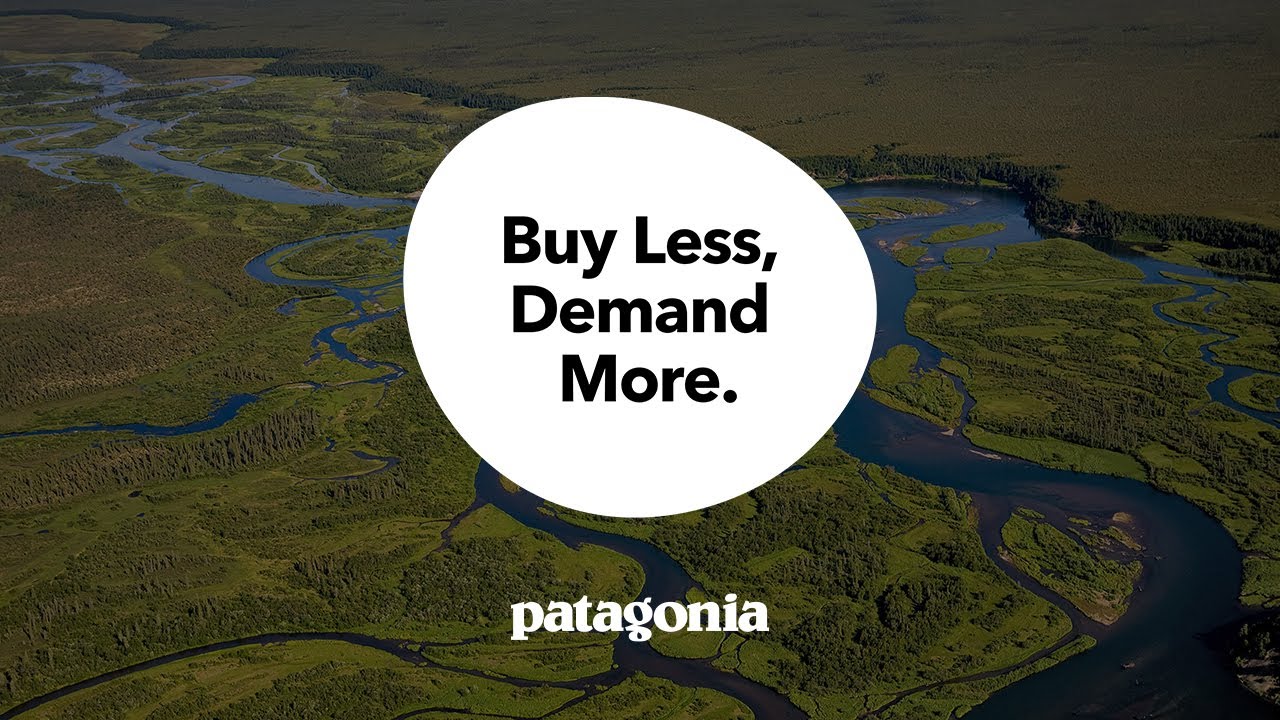
Planning Longer Term- Involving the Next Generation
“It’s our future,” and it cannot “be chosen by people who are not going to live through it…” Conor, aged 12, Dublin, Ireland, addressing the Oireachtas Committee on Environment and Climate Action, November 2023.
Being in the ‘business of change’ also means we are in the business of building futures – short and longer term. Young people are key to driving climate narratives and progressive policies. Their insight and opinion should be central to our work as communicators. Not to be co-opted for non-transformational agendas, youth engagement is a powerful tool to push our cultural storytelling forward.
We were recently inspired by representatives from the Children & Young People’s Assembly on Biodiversity, who met the Oireachtas Committee on Environment and Climate Action. They talked about their vision for an Ireland where “we are connected to, and care for, the rights of nature (and each other) so that biodiversity is restored and protected and we live and grow up in healthy, clean and fair environments.” In a wide ranging conversation, some of the points covered included:
- Youth Voices: The value of including youth voices in decision making across business and government. We should be driving more of these youth assemblies and including their recommendations in reports.
- Communications: The urgent need for education and awareness. We should be investing in entertainment and communications that support biodiversity outcomes.
- Business Caution: We must ensure that business transformation doesn’t just mean providing ‘eco options’. We need to look at what real transformation actually means.
- Perspective: Taking action on biodiversity is not just about the future and future generations, but all life today.
If you have feedback or a particular challenge you’d like addressed in our ‘Change in Progress’ Series, please email planet@thinkhousehq.com.
